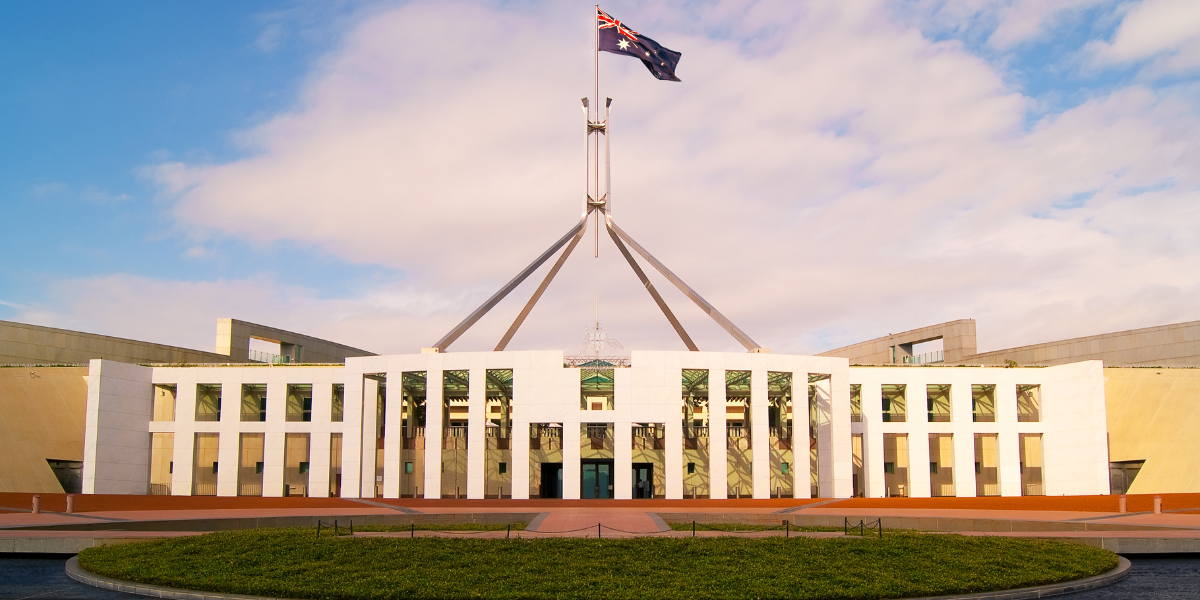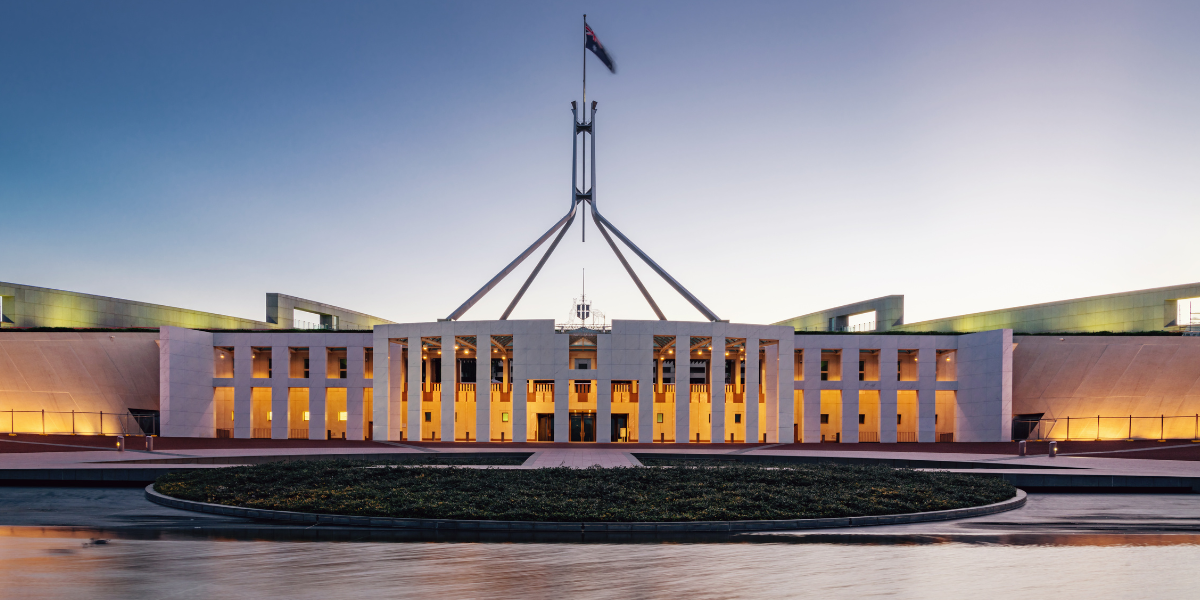Australia’s hybrid mismatch rules have been updated with a number of technical amendments in order to clarify and improve the rules’ operation. In the 2019–20 Budget on 2 April 2019, the Australian government announced the measure Tax Integrity – clarifying the operation of the hybrid mismatch rules. Subsequently, the government handed down the 2019–20 Mid-Year Economic and Fiscal Outlook (MYEFO) on 16 December 2019 and announced Tax integrity – improving the operation of the hybrid mismatch rules. These measures announced a number of minor technical amendments to Australia’s hybrid mismatch rules to clarify and improve their operation.
On 3 September 2020 the Treasury Laws Amendment (2020 Measures No.2) Act 2020, which fully implemented the above measures and some additional changes, received royal assent.
The amendments:
- clarify the operation of the hybrid mismatch rules for trusts and partnerships;
- clarify the circumstances in which an entity is a deducting hybrid;
- clarify the operation of the dual inclusion income rule by:
- deeming certain types of foreign sourced income to be subject to Australian income tax in determining if that income is dual inclusion income;
- removing the need for non-corporate entities to reduce their dual inclusion income where they have a foreign income tax offset;
- clarifying the operation of the dual inclusion income on-payment rule; and
- expanding the definition of dual inclusion income group such that, if in a country two or more entities share the same multiple liable entities (and those alone), then those entities are members of a dual inclusion income group in that country;
- amend the definition of ‘foreign hybrid mismatch rules’ so that it refers to a foreign law corresponding to any of Subdivisions 832-C to 832-H of the ITAA 1997 and clarify the operation of provisions that have regard to the operation of corresponding foreign hybrid mismatch rules;
- clarify that, for the purpose of applying the hybrid mismatch rules, foreign income tax does not include foreign municipal or State taxes (except in considering the application of the integrity rule);
- clarify that the hybrid mismatch rules apply to multiple entry consolidated (MEC) groups in the same way as they apply to consolidated groups;
- ensure that the integrity rule can apply appropriately to financing arrangements that have been designed to circumvent the operation of the hybrid mismatch rules; and
- allow franking benefits on franked distributions made on certain Additional Tier 1 (AT1) capital instruments that would otherwise be denied. For further information on these amendments and their specific administrative treatment, refer to Franked distributions on AT1 capital instruments.
The amendments will apply to income years commencing on or after 1 January 2019, except for amendments:
- to the integrity rule (other than the state and municipal taxes changes), which will apply to income years commencing on or after 2 April 2019.
- to the definition of ‘foreign hybrid mismatch rules’, which will apply to income years commencing on or after 1 January 2020.













